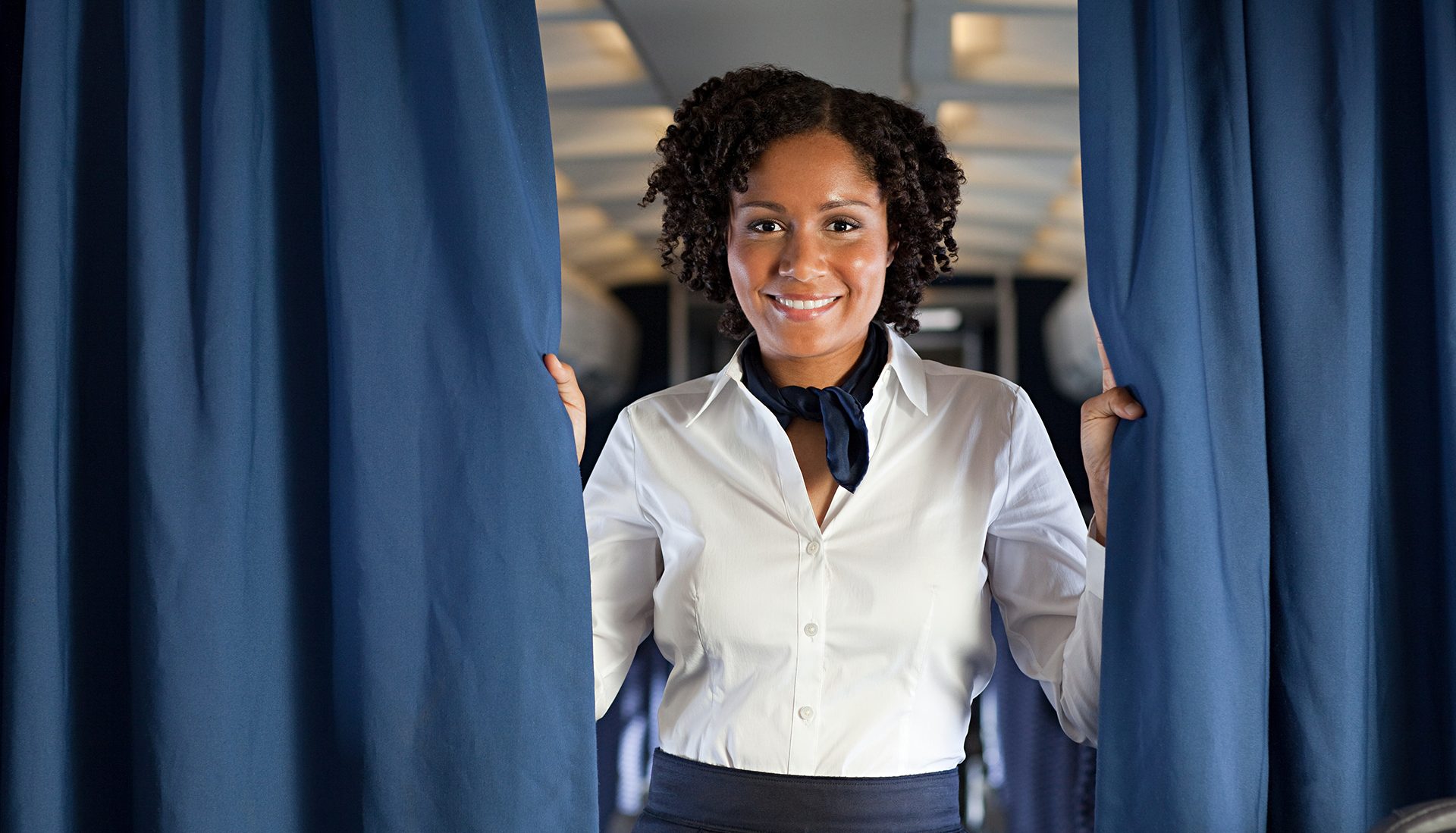The main trade association of global airlines ended 2019 with pledges to address two of the biggest issues facing the industry: the glaring shortage of women in leading positions and the growing «flight-shaming» movement.
The International Air Travel Association (Iata), which has around 290 member airlines, acknowledged it needs to communicate better with the general public on commitments it made years ago to reduce carbon emissions amid escalating concerns about global warming. The trade body also started a campaign to address the gender imbalance in civil aviation by increasing the number of women in senior leadership roles.
«There’s massive appetite to do this,» Jane Hoskisson, Iata’s director of learning and development, told reporters in Geneva in December. «We want to make sure we do [a] due diligence process with people as well. We can’t have people just say ‘I’m gonna sign up’ and then when you actually get to the detail, you realise targets are not going to be aligned or they’re not going to embrace the programme.»
The male-dominated aviation industry has come under fire for female under-representation in top ranks. Only 3 per cent of global airlines have a female chief executive, while only 5.14 per cent of pilots are women. Iata’s 32-member board of governors itself is a telling snapshot: the sole female boss of Air Europa, María José Hidalgo Gutiérrez, stands out from an otherwise all-male list of airline chiefs.
Ms Hoskisson said increasing the representation of women on Iata’s board of governance will be «challenging» because of the limited number of female chief executives.
Following growing criticism of the aviation industry’s boy’s club, Iata introduced the ’25by2025′ campaign on September 26.
Participating airlines will voluntarily commit to increasing the number of women in senior positions by either 25 per cent against currently reported metrics or to a minimum representation of 25 per cent within the next five years.
Carriers who sign up to the programme will also aim to increase the number of women in under-represented jobs such as pilots or technical roles.
Iata will issue an annual report on the key diversity metrics at its annual general meeting, with the next gathering slated for June 2020 in Amsterdam, to boost accountability and share best practices.
Collectively, 59 carriers have so far committed to the ’25by2025′ campaign. The operators represent about 30 per cent of total passenger traffic and are a mix of low-cost and full-service airlines…



